
Exciting new series on “Voice, Body and Movement for Lawyers – How to connect with the jury and find Justice Through Dramatic Technique!”
Click here to find out more
You’ve arranged to speak with a reporter. Do you know how to deliver insights that are memorable? Do you know the boundaries of what you can say to advocate for your client, without going beyond what is permitted when engaging in extrajudicial communications? Review the relevant Rules of Professional Conduct with an eye on keeping your remarks ethically sound. Learn how to respond to questions with quotable answers that get your points across.
Ethical Considerations:
• RPC 1.6 Rule of Confidentiality of Information
• RPC 3.6 Rule on Extrajudicial Statements
• RPC 3.6(a) Trial Publicity
• RPC 3.6(c) Trial Publicity: Limits Do Not Apply
• RPC 3.6(d) Trial Publicity
• RPC 3.8 (f) Prosecutors
• ABA Model Rule 8.4(c) Conduct involving Dishonesty, Fraud, Deceit or Misrepresentation
• ABA Model Rule 8.4(d) Conduct that is prejudicial to the administration of justice
• FRCP 11 Prohibits filing a pleading for any improper purpose
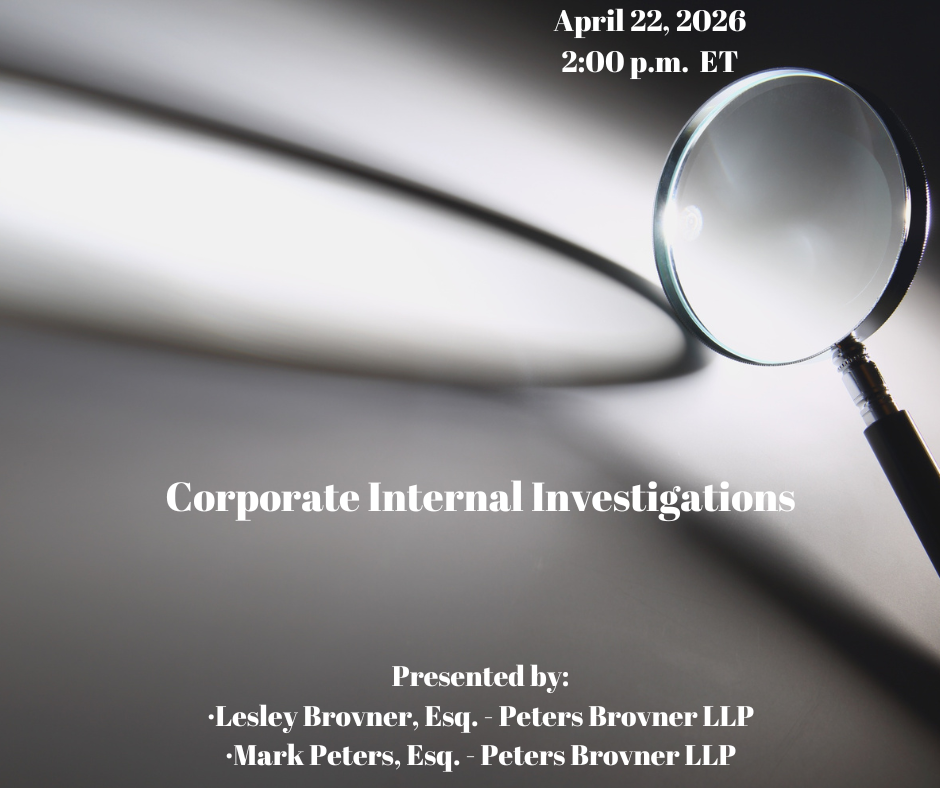
The CLE will cover the Ins and Outs of Internal Corporate Investigations, including: Back...
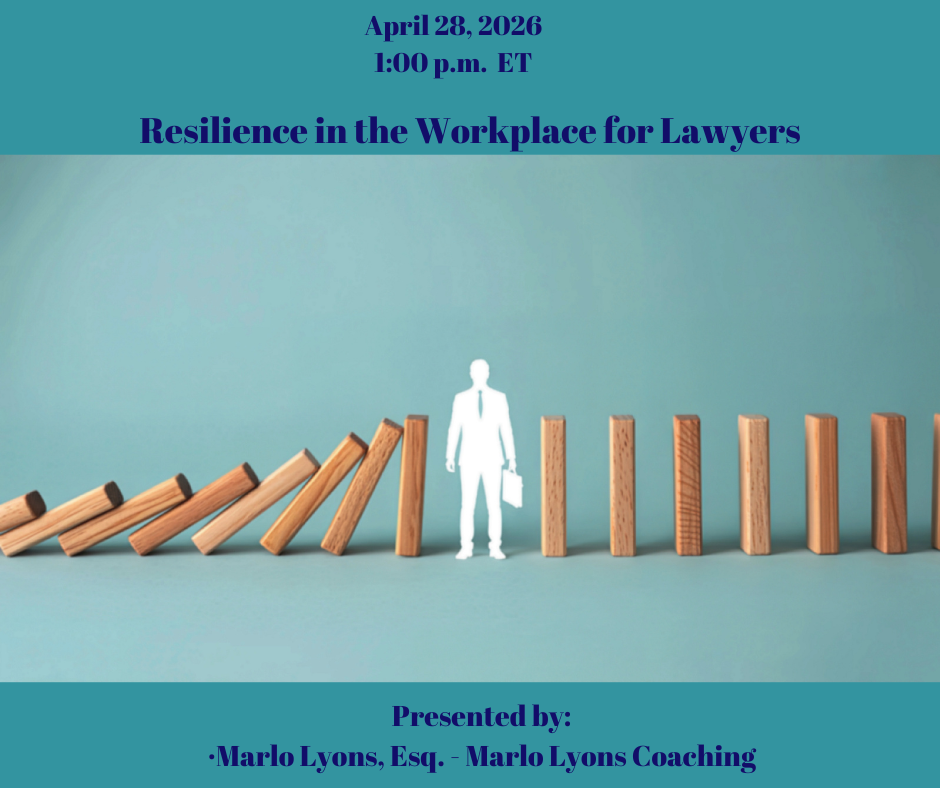
Resilience in the Workplace, delves into the critical importance of resilience in navigating the cha...
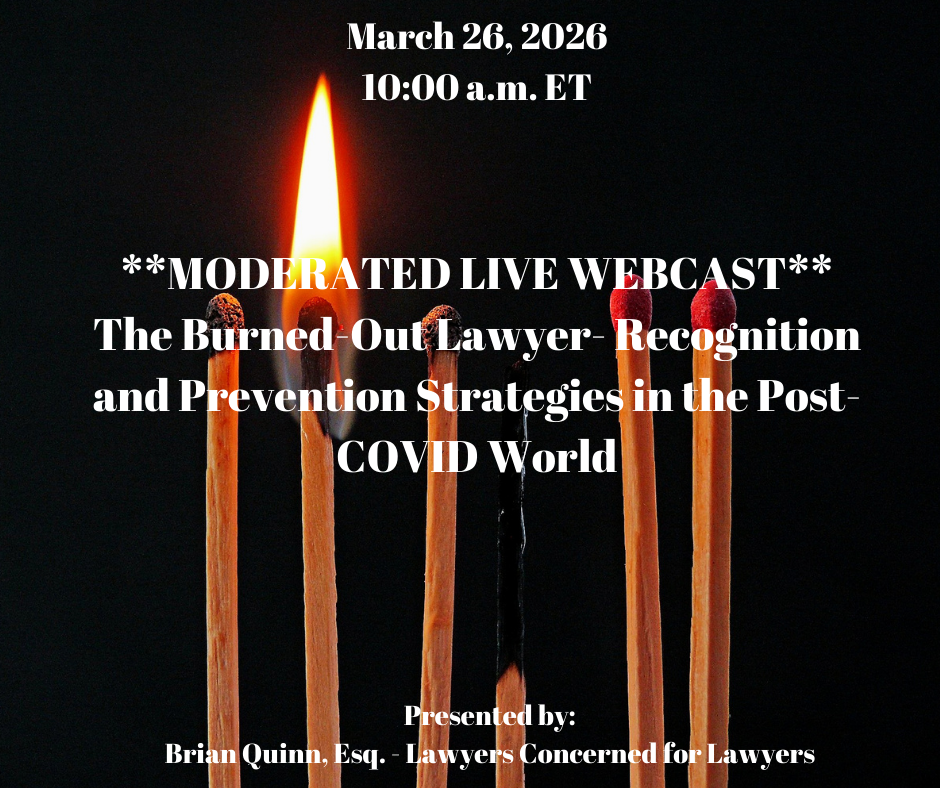
If there is one word we heard during our journey through the pandemic and continue to hear more than...
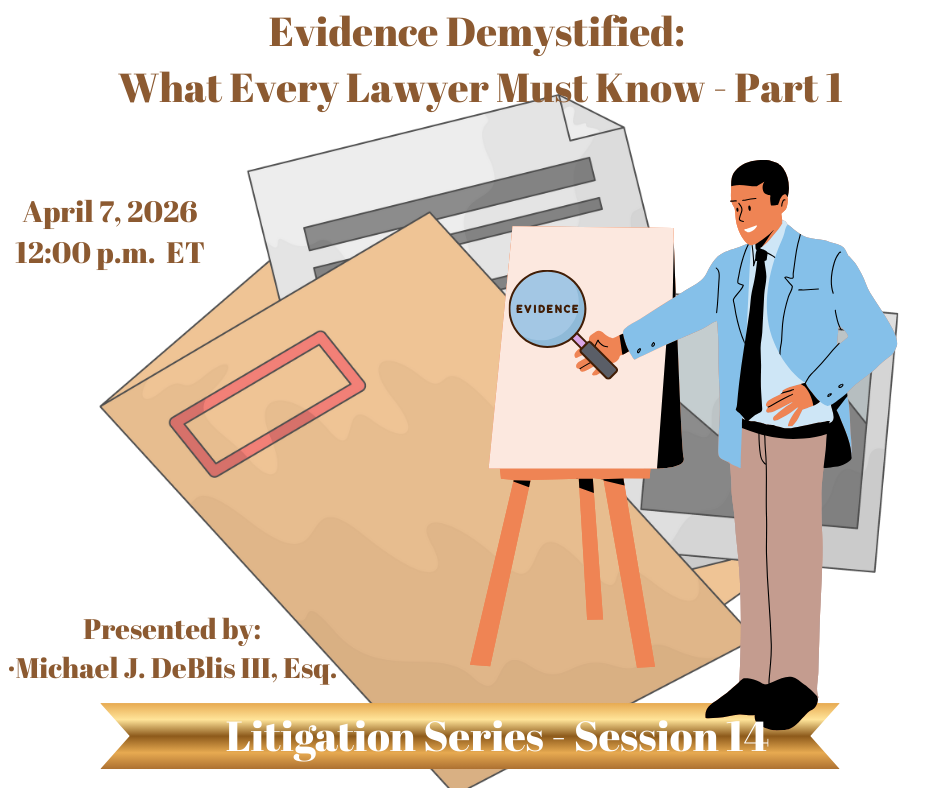
Evidence Demystified Part 1 introduces core evidentiary principles, including relevance, admissibili...
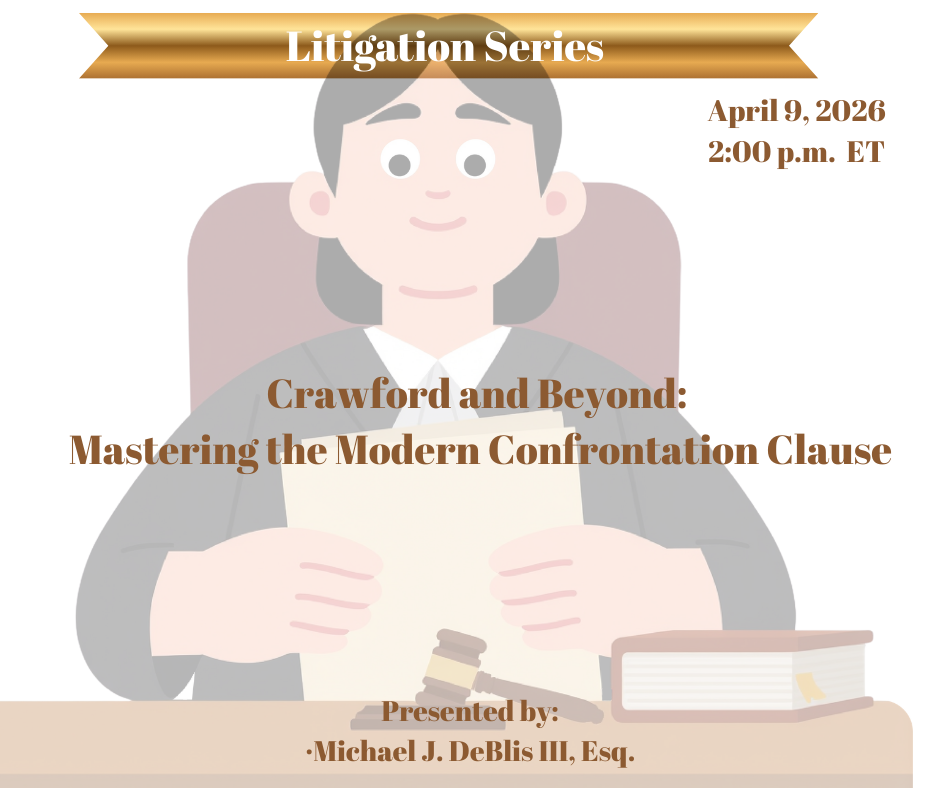
This program provides a comprehensive analysis of the Sixth Amendment Confrontation Clause as reshap...
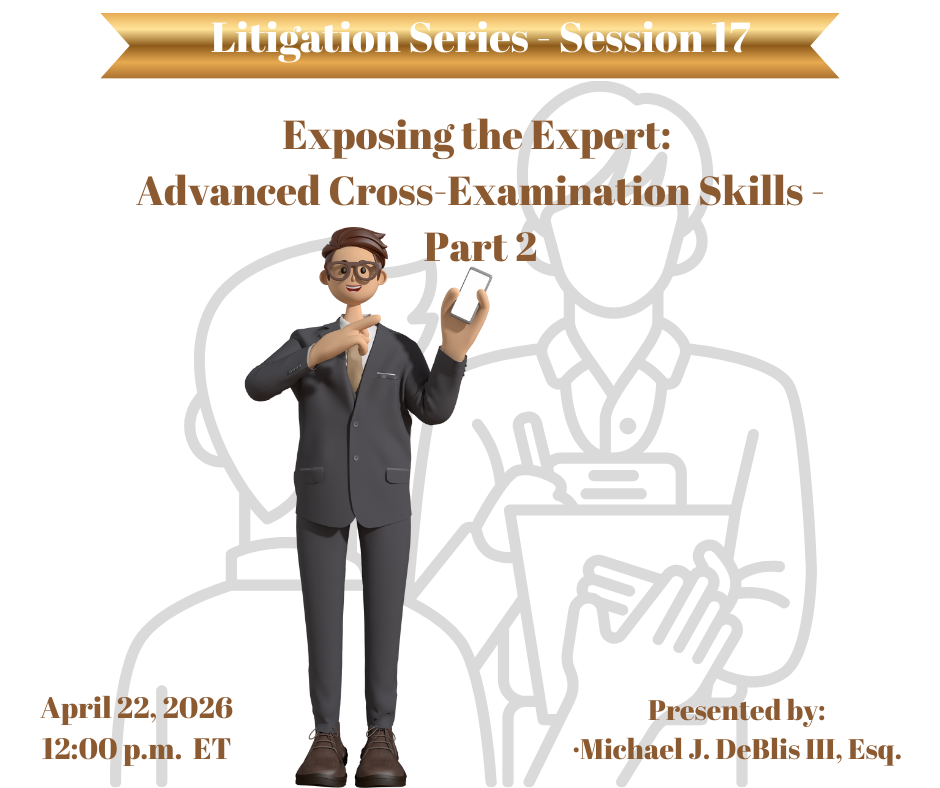
Part 2 - This program will continue the discussion from Part 1 focusing specifically on cross?examin...

Successful personal injury defense practice requires far more than strong legal arguments—it d...
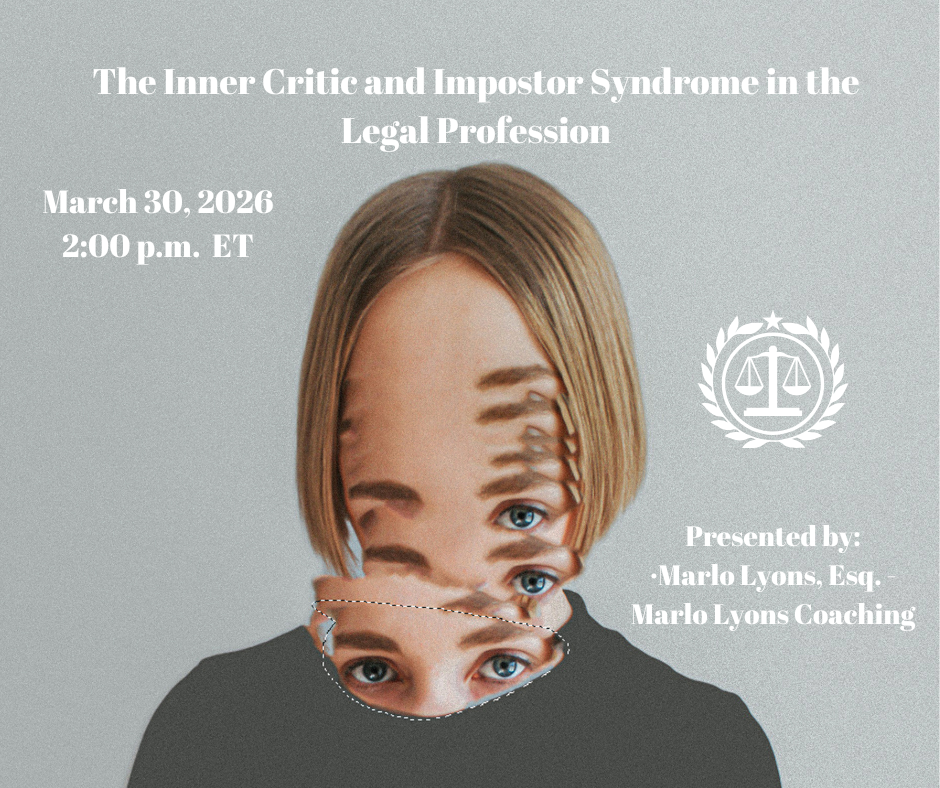
In high-stakes, high-pressure environments like the legal field, even the most accomplished professi...
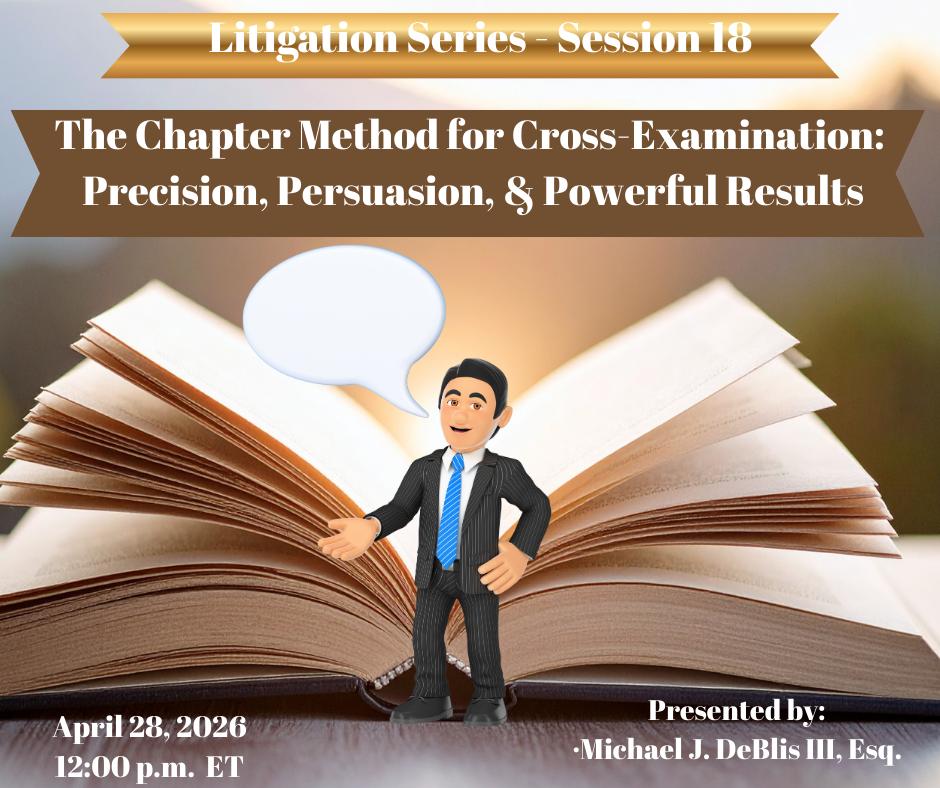
The “Chaptering Your Cross” program explains how dividing a cross?examination into clear...

This program provides a detailed examination of the Black Market Peso Exchange (BMPE), one of the mo...